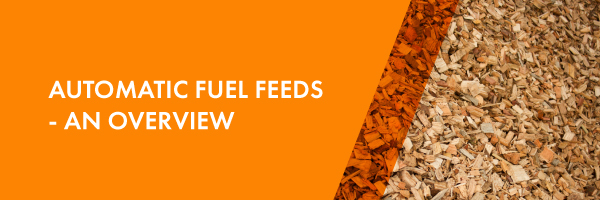
According to the Anaerobic Digestion and Bioresources Association (ADBA), the UK could cut its Greenhouse Gas emissions by 5% if the Government presses ahead with separate food waste collections and supports on-farm AD.
Sending food waste to AD facilities like this 5MW plant in England (click here to view our case study), can greatly reduce the amount of methane entering the atmosphere.

When food decomposes it releases methane gas – food that is sent to a landfill releases gas into the atmosphere, whilst the AD process captures the methane which can be used to produce heat and electricity or be “upgraded” and injected onto the grid for use as a natural gas substitute.
Anaerobic Digestion turns food and agricultural “waste” into a very valuable commodity. As well as the released gas, the biological matter itself has a significant value as a “super-fertilister”, which can be used to grow crops – a truly circular economy for food in the UK.
The ADBA have urged the UK Government to introduce separate food waste collections across England as soon as possible following the CCC’s report which warned that progress towards a Zero Net caron goal has been too slow and that the government must take uncompromising action over the next 18 months to reduce the UK’s impact on the global environment.
Jon Harrison, ADBA’s external affairs manager has said: “AD and biogas can cut emissions by up to 10% globally – 5% in the UK. This country cannot reach net zero emissions by 2050 without our industry’s contribution”.
Harrison added, “On-farm AD is the fastest growing area for our sector. It can significantly decarbonise UK agriculture whilst providing new income for farmers. By processing waste (notably food waste) and turning it into clean energy and biofertilisers, AD can can also support the development of a circular economy that both farmers and the general public can be fully engaged in”.




